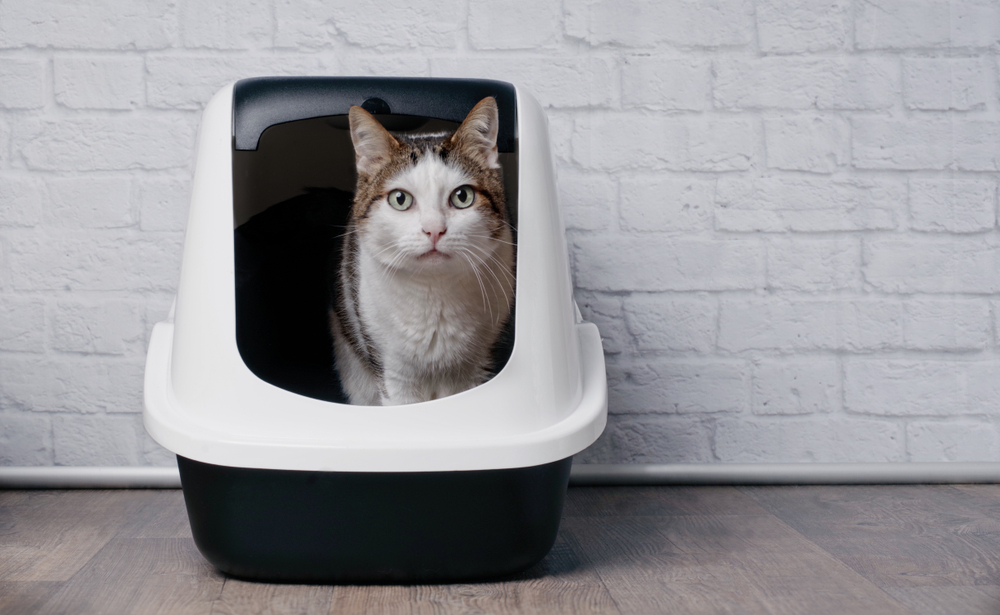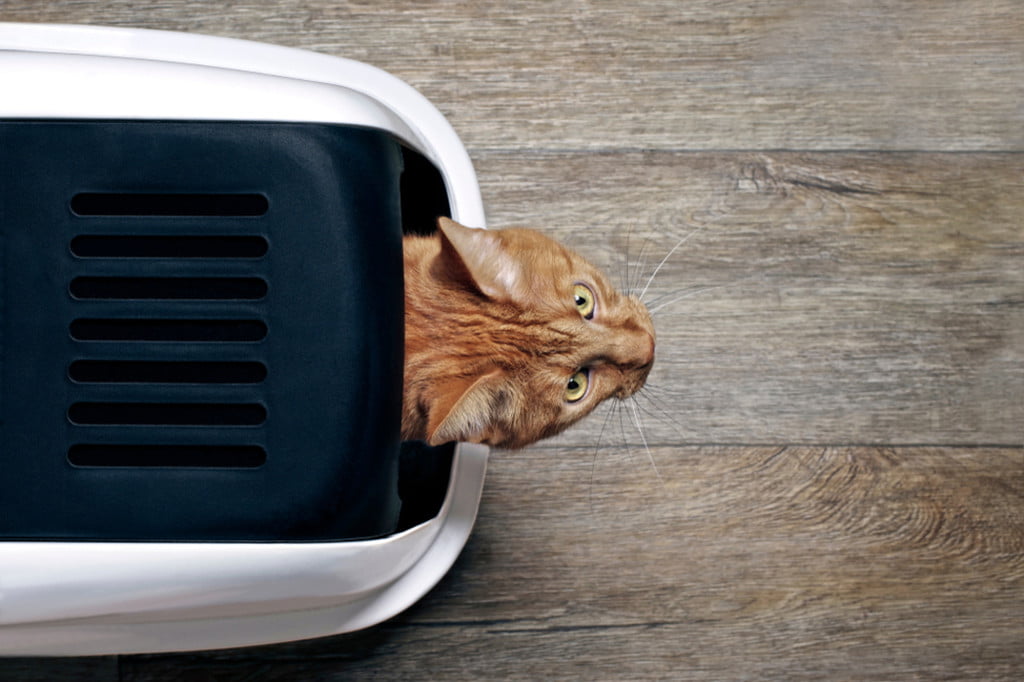
Even independent felines require a lot of care and attention, which is why many cat owners consider buying an automatic cat litter box at some point in their kitties’ lives. It has the potential to cut down on a lot of poop-scooping time, but there are a lot of downsides to consider, too.
The cost of a self-cleaning litter box, of course, can be a pretty penny. Not everyone is willing to make a large purchase without knowing whether it will help, but we hope we can help you start your research. You’ll know what’s best for you and your cat.
A self-cleaning litter box can make for a lot less time-consuming (and stinky) task
Having a robot litter box sounds convenient and luxurious, right? Their modern looks can fit in well with any home aesthetic, and there’s a lot less work involved on your end. Each self-cleaning litter box has its own specific features, of course, but even the most basic models could make your cat’s bathroom trips less messy.
Robotic litter boxes will do most of the poop scooping for you
The primary function of an automatic litter box is to scoop your cat’s droppings for you. Some will use a rake-type feature to swipe solid waste into a hidden area, which you will later throw away. Other models, however, will rotate to reveal openings for soiled litter to fall into. If you’re willing to invest a bit more money, you can even find an app-enabled litter box that helps you keep track of maintenance supply levels. You’ll be able to keep an eye on your kitty’s bathroom habits, too!
You’ll be able to enjoy a smell-free zone, even next to the litter box
Many boxes will have a kind of sensor to detect when your kitty exits so it can take care of business — literally — within seconds. This keeps your house smelling fresh and clean, so you won’t have to light a candle every time you enter the room. Many automatic litter boxes have excellent reviews when it comes to smell protection!

An automatic litter box can be expensive, loud, and even overwhelming for some cats
As nice as a robot litter box may sound, your cat might not love the idea as much as you do. Felines can be creatures of habit, after all, and may take a long time to adjust to change. Any cat will need time to figure out what that fancy new machine is.
Automatic litter box prices range from $100 to nearly $1,000
Depending on the features you’re looking for, you can expect to spend between $100 and $1,000 for a self-cleaning litter box. Wi-Fi and app-enabled litter boxes tend to be on the more expensive side, as are the rotating litter boxes. This is why it’s important to do your research, so you can know which features you’re looking for and what your budget will be.
Some self-cleaning cat litter boxes are loud when they operate
If you work from home — or if your cat is a night owl — you may want to consider the noise an automatic litter box makes when it does its poop scooping. Think about placing the new box in a room where you don’t work or sleep. Sounds will vary from one machine to the next, of course, so don’t be afraid to read reviews, watch videos, or demo the product before you buy.
Some cats react negatively to an automatic litter box
One of the most important factors is whether your cat likes their brand-new litter box. If they’re frightened by the noise or the way it moves, they may need more time than average to adjust. Of course, there are also some cases when self-cleaning litter boxes are just not an option, but that doesn’t mean you shouldn’t try.
Whether you’re ready to invest or are still in the process of researching, there’s no better time to upgrade your cat’s litter box. It has the potential to save you a lot of time and effort over the years, and we’ll keep our fingers crossed that your cat likes it, too. Happy shopping!
Editors' Recommendations
- Why is my cat peeing on my bed? The real truth (and how to stop this gross habit)
- Study: This is how much the cost of pet ownership really is
- How to reduce cat hair shedding: Nutrition, grooming, cleaning, and more
- How many kittens can a cat have in a single litter? You might be surprised
- There’s an easy way to tell how old your cat really is




